P90X Nutrition: What Foods Do I Eat?
The key to success with any fitness program is nutrition. P90X Nutrition isn’t as complicated as you might think. Knowing what to eat, how much and when are questions I get almost everyday. My belief is that extreme results come from 80% nutrition and 20% intense workout. Fortunately, for those of you looking for a guide to your long lost abs, P90X does indeed mark the spot.
I decided to write about food that I eat and the foods that everyone should include in their diet and their P90X Nutrition. These foods won’t just help you look your best, they will help you feel your best. America seems to lack the willpower to make good decisions when it comes to food. Processed foods are the thorn in America’s side…cut them from your diet. Instead look to these healthy whole foods to add variety and help you get the best results using P90X and the P90X Nutrition Plan.

Proteins:
(Should Consist of 30-50% of your calories per day, depending on your goals.)
Chicken: Protein quality and versatility ranks up there with any other protein. Chicken is high protein with little fat and also rich in Niacin. Suggested: Buy Organic white meat (the more pure the chicken, the more pure the protein).
- 60z = 186 cal, 36g protein, 0g carbs, 2g fat, 1g sat fat, 0g fiber
Eggs: Considered by many to be the “golden standard” of protein. Rich in Vitamins A, B12 and D, selenium. Eating eggs for breakfast can satisfy hunger and prevent overeating. Research now shows that eating 2 eggs per day doesn’t raise cholesterol levels. Suggested: Buy Organic, Separate the egg whites for extra protein without the fat.
- 1 Large egg: 70 calories, 6g protein, 0g carbs, 5g fat, 2g sat fat, 0g fiber
Grass Fed Beef: We all know beef is considered a “mass” building protein source for its fat and creatine content but grass fed beef contains more Linolic Acid and Omega 3 fatty acids than they “corn fed” counterpart. Plus it just tastes better. Suggested: Look for the Fillet, Loin and Round cuts since they tend to be leaner. Keep your red meat intake lower than 3 times per week.
- 60z tenderloin: 258 calories, 36g protein, 0g carbs, 12g fat, 6g sat fat, 0g fiber.
Whey Protein: This fast digesting protein is a great way to get branched chain amino acids to your muscle as quickly as possible. Great for both pre and post workout. Suggested: Buy in bulk to save money. Protein blends can also be beneficial.
- 1 scoop: 120 calories, 23g protein, 2g carbs, 1g fat, 0g fiber
Wild Salmon: Extremely high in omega 3 fatty acids, Wild salmon is the true king of fish protein. Healthy fats from salmon can help fight belly 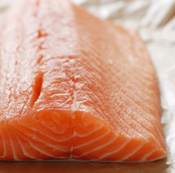 fat by improving insulin sensitivity and reducing fat storage. Atlantic “farmed” salmon don’t pack the nutritional value of the wild fish and are fed red dye in order to turn them pink (yuck). Suggested: Try Canned Wild Salmon for a convenient and protein packed snack.
fat by improving insulin sensitivity and reducing fat storage. Atlantic “farmed” salmon don’t pack the nutritional value of the wild fish and are fed red dye in order to turn them pink (yuck). Suggested: Try Canned Wild Salmon for a convenient and protein packed snack.
- 4oz canned salmon: 152 calories, 24g protein, 0g carbs, 4g fat, 1g sat, 0g fiber
Shrimp: An excellent source of selenium and vitamin D, shrimp contains a ton of protein and very little fat. A quick and easy to cook protein that can be tossed on any salad. Suggested: Buy Frozen pre cook shrimp, thaw and use.
- 16 Large Shrimp: 120 calories, 24g protein, 0g carbs, 1g fat, 0g sat fat, 0g fiber
Greek Yogurt: One of my personal favorite snacks due to the amount of protein compared to regular yogurt. Contains probiotics and calcium that hep burn fat. Suggested: Stick to the Plain flavor and add fruit to sweeten. Yogurt is notorious for hidden sugars.
- 8oz Fat Free: 120 calories, 22g protein, 6g carbs, 0g fat, 0g sat fat, 0g fiber
Cottage Cheese: Packed full of Casein protein that digests slowly, making it optimal for a before bed snack. Suggested: Stick to 1%
- 1 cup: 163 calories, 28g protein, 6g carbs, 2g fat, 1g sat fat, 0g fiber
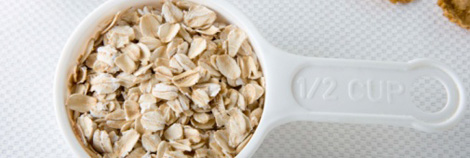
Carbohydrates:
(Should consist of 20-30% of your calories, depending on your nutrition ideals. Some diets call for High Fat, Low Carbs, Med Protein)
Quinoa: One of the best and complete whole grains around. Contains all the essential amino acids and has been used for centuries. Contains Iron, Magnesium and fiber. Suggested: TRY IT!
- 1 cup: 222 calories, 8g protein, 39 g carbs, 4g fat, 0g sat fat, 5g fiber
Oats: A great slow digesting carb. If you eat this at breakfast it will help you curb our appetite. Contains fiber and beta-glucan, both help control blood-sugar levels. Suggested: Try Steel Cut Oats if you have the time to cook
- 1/2 Cup dry: 154 calories, 6g protein, 28g carbs, 3g fat, 1g sat fat, 4g fiber
Sprouted Whole Grain Bread: Sprouted bread has more protein than regular whole wheat and has a lower glycemic index. Contains fiber, minerals and vitamins. Suggested: Try Ezekiel brand or “Low Carb” bread from La Jolla Bakery
- 2 slices: 160 calories, 10g protein, 28 g carbs, 1g fat, 0g sat fat, 6g fiber.
Beans: Known for their fiber, beans also contain iron, magnesium, and zinc. A good amount of protein is also a plus. Suggested: Opt for black beans instead of re-fried beans at your local Mexican restaurant.
- 1 Cup Black Beans: 225 calories, 15 g protein, 40g carbs, 1g fat, 0g sat fat, 15g fiber
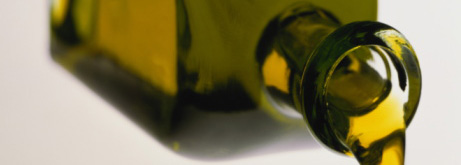
Fat:
(Should consist of 20-50% of your calories depending on your nutrition ideals)
Olive Oil: Contains a ton of monounsaturated fat. Olive oil has been shown to be good for your heart, and overall health. Considered by some to be an anti-inflammatory. Suggested: Stick to Extra-Virgin Olive Oil which is superior in flavor and polyphenols
- 1 Tbsp: 120 calories, 0g protein, 0g carbs, 14 g fat, 2 g sat fat, 0g fiber
Avocado: One of my favorites, contains monounsaturated fat as well as folate, and vitamin B and twice the potassium of a banana. Suggested: Use as a substitute of mayo on any sandwich.
- 1/2 avocado: 113 calories, 1.5g protein, 6g carbs, 10.5 g fat, 2g sat fat, 5g fiber
Nuts: Contain Protein, monounsaturated fats, vitamin E, folate (in peanuts), fiber, magnesium and phosphorus. A great way to get a quick snack. Suggested: My favorite nuts include, Almonds and Walnuts. Try Natural Peanut Butter or Raw Almond Butter, just watch the serving size.
- 1 oz : 185 calories, 4 g protein, 4g carbs, 18g fat, 2g sat fat, 2g fiber.
Canola Oil: Considered healthy due to the monounsaturated fat and the amount of Omega 3s, canola oil is a great cooking oil. Suggested: some say that canola oil is too processed to be health, do your research and decide on your own.
- 1 Tbsp: 120 calories, 0g protein, 0g carbs, 14 g fat, 1 g sat fat, 0g fiber
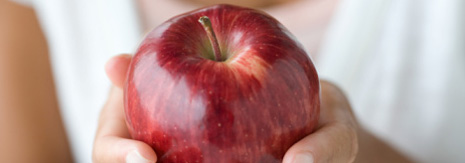
Fruits and Vegetables:
(Try to get as many servings as you can, aim for 6-8 servings per day)
Apples: As they say, they keep the doctor away. Apples have anti-inflammatory properties that help improve exercise endurance and health. Suggested: Buy in season, and buy Organic. Make sure you eat the skin.
- 1 Medium Apple: 95 calories, 0g protein, 25g carbs, 0g fat, 0g sat fat, 4g fiber.
Blueberries: Full of antioxidants and vitamins, blueberries are one of my favorite topping on Greek yogurt. Suggested: Wild Blueberries pack the most antioxidants, try buying them when in season. Frozen is also a good way to buy them cheaply.
- 1 cup: 84 calories, 1g protein, 21 g carbs, 0g fat, 0g sat fat, 4g fiber.
Broccoli: You can’t go wrong with this vegetable. Considered by some to be the ultimate food. Fiber, flate, vitamin C and K are all part of its 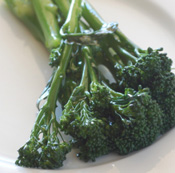 nutritional arsenal. Also contains antioxidants known to help fight cancer. Suggested: Try not to lather with butter, instead use some olive oil and roast in the oven.
nutritional arsenal. Also contains antioxidants known to help fight cancer. Suggested: Try not to lather with butter, instead use some olive oil and roast in the oven.
- 1 cup: 31 calories, 3g protein, 6g carbs, 0g fat, 2g fiber
Red Bell Pepper: Colorful food from nature is almost always the healthiest. Once again, this veggie contains antioxidants and vitamin C. Suggested: Roasted pepper are just as good as fresh. Try grilling them!
- 1 cup: 46 calories, 1g protein, 9g carbs, 0g fat, 0g sat fat, 3g fiber.
Sweet Potatoes: This is a great post workout veggie. High in natural sugar, sweet potatoes spike insulin levels which helps your muscles absorb protein, amino acids and creatine. Loaded with fiber, potassium and iron. Great recovery food. Suggested: Try making your own sweet potato roasted “fries”. Slice long and thin, add some olive oil and salt,throw in the oven.
- 1 large potato: 278 calories, 7g protein, 63g carbs, 0g fat, 0g sat fat, 7g fiber
Spinach: Most leafy greens are healthy but Popeye had the edge because of his affinity for this green plant. Vitamins including A, C, and K, folate, beta-carotene, and minerals including calcium and magnesium, and fiber. Suggested: Just as good frozen as fresh, use in a salad or cooked.
- 2 cups raw: 14 calories, 2g protein, 2g carbs, 0g fat, 0g sat fat, 2g fiber
In conclusion, eat foods that you would find in the edge of the supermarket. The further you venture into the aisle the more processed the foods get. P90X nutrition is more than just getting ripped. It’s about creating a healthy lifestyle that you can take beyond the 90 days. Obviously there are many more foods that are good for you but I hope this list helps give you an idea about what healthy choices are all about. Good Whole Foods.
Looking to Lose Fat and Gain Muscle? Sign up for ME as your Free Fitness Coach Today!

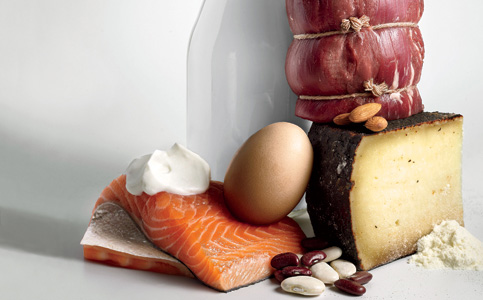
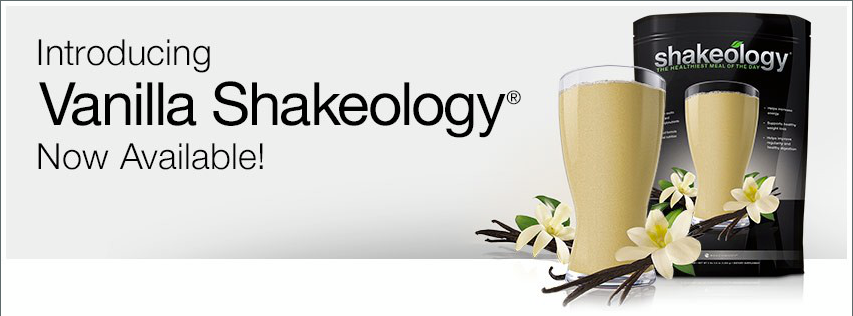
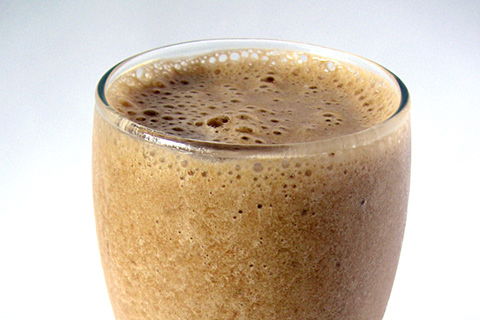
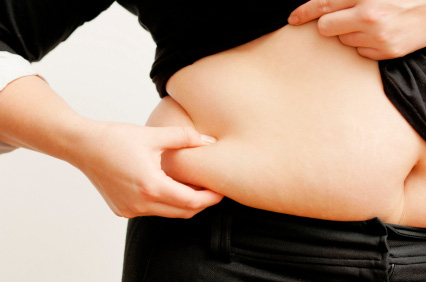
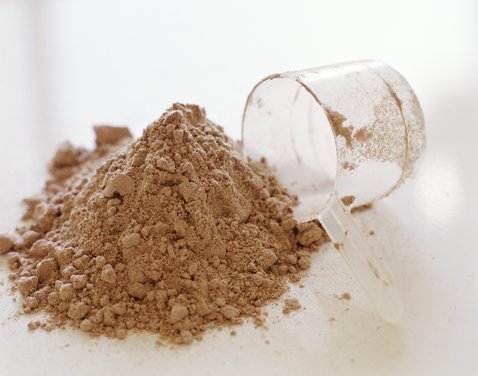
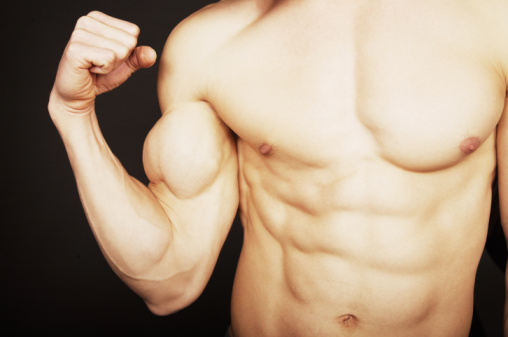
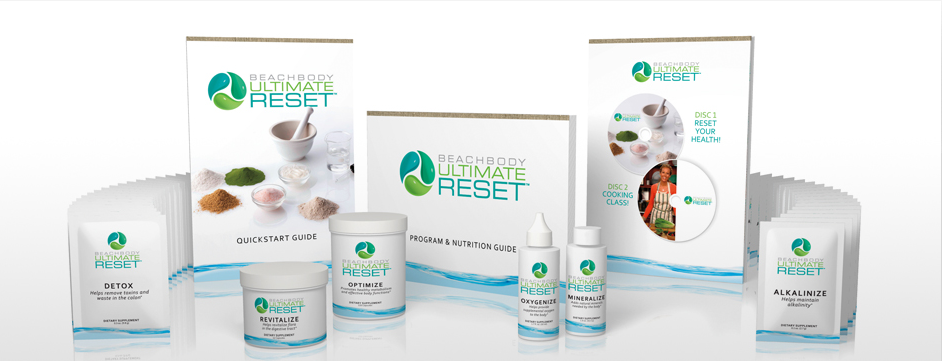
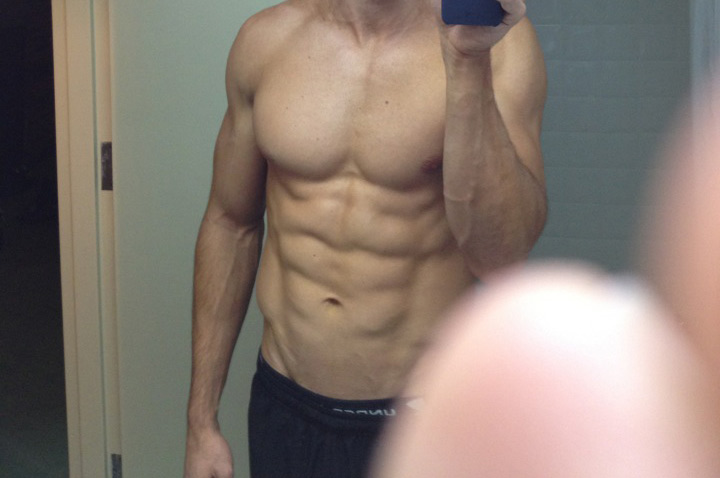
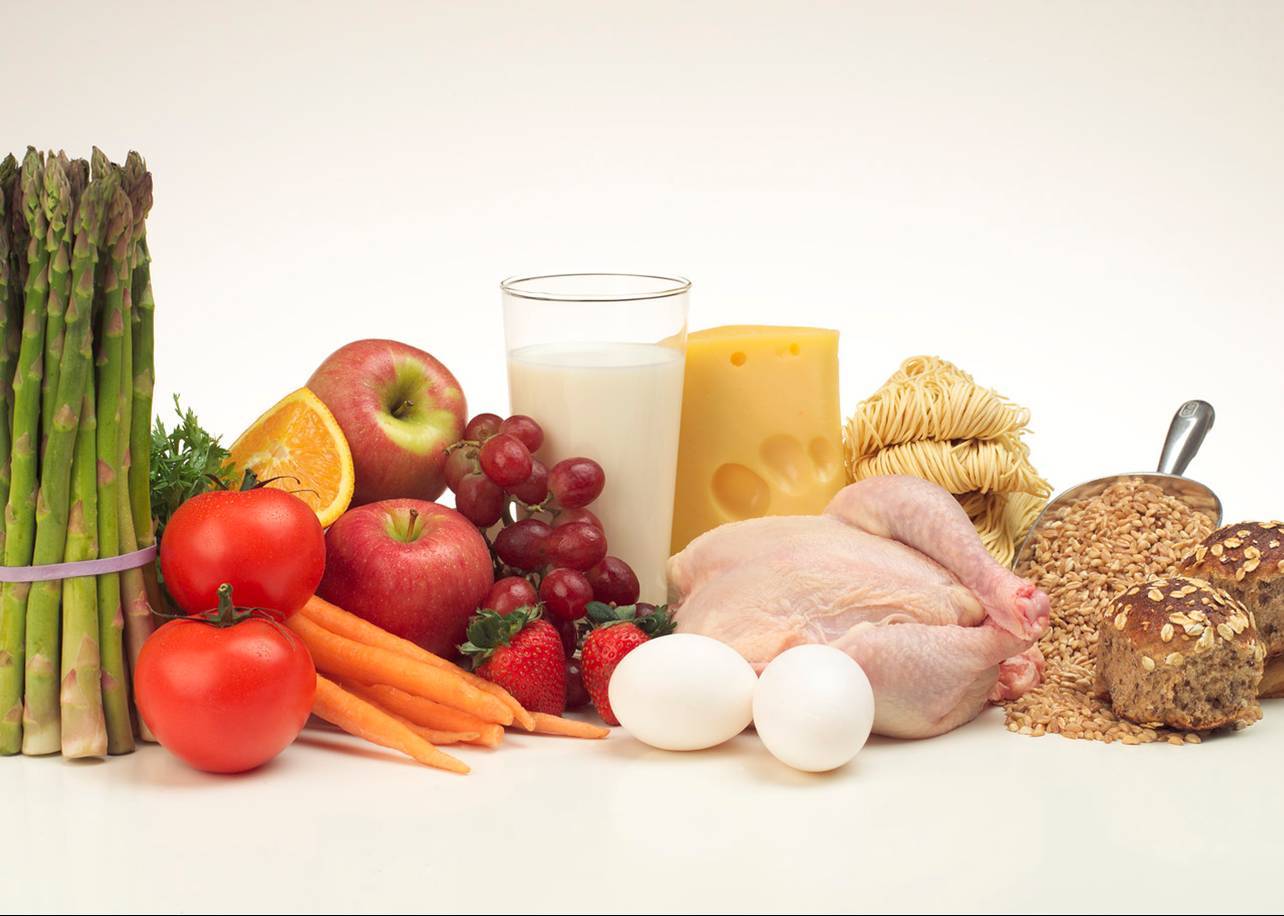
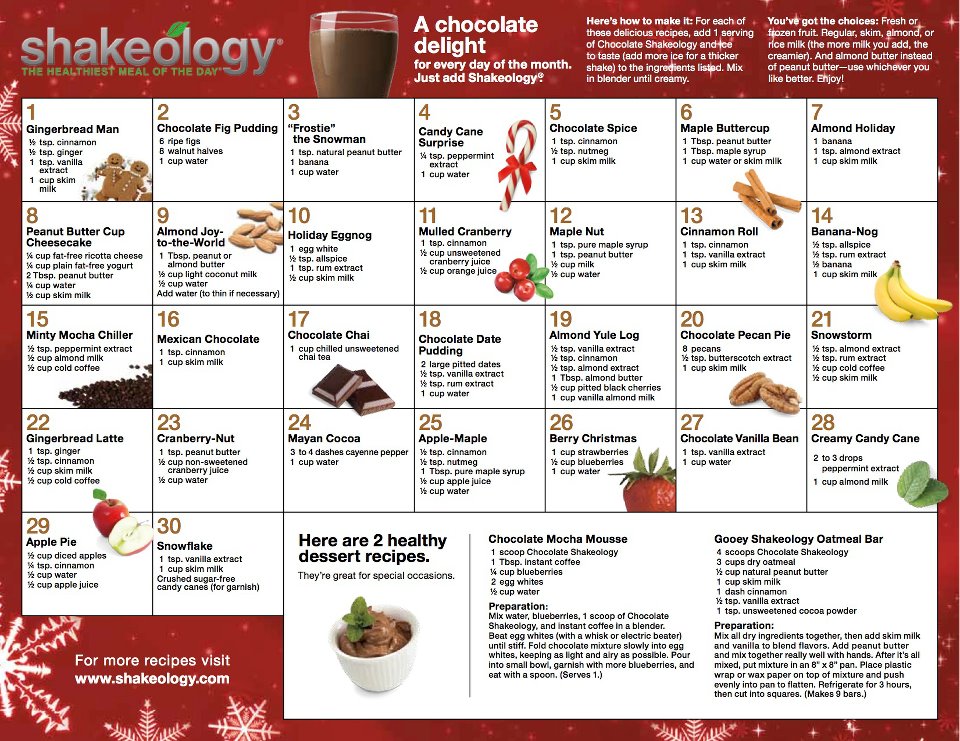
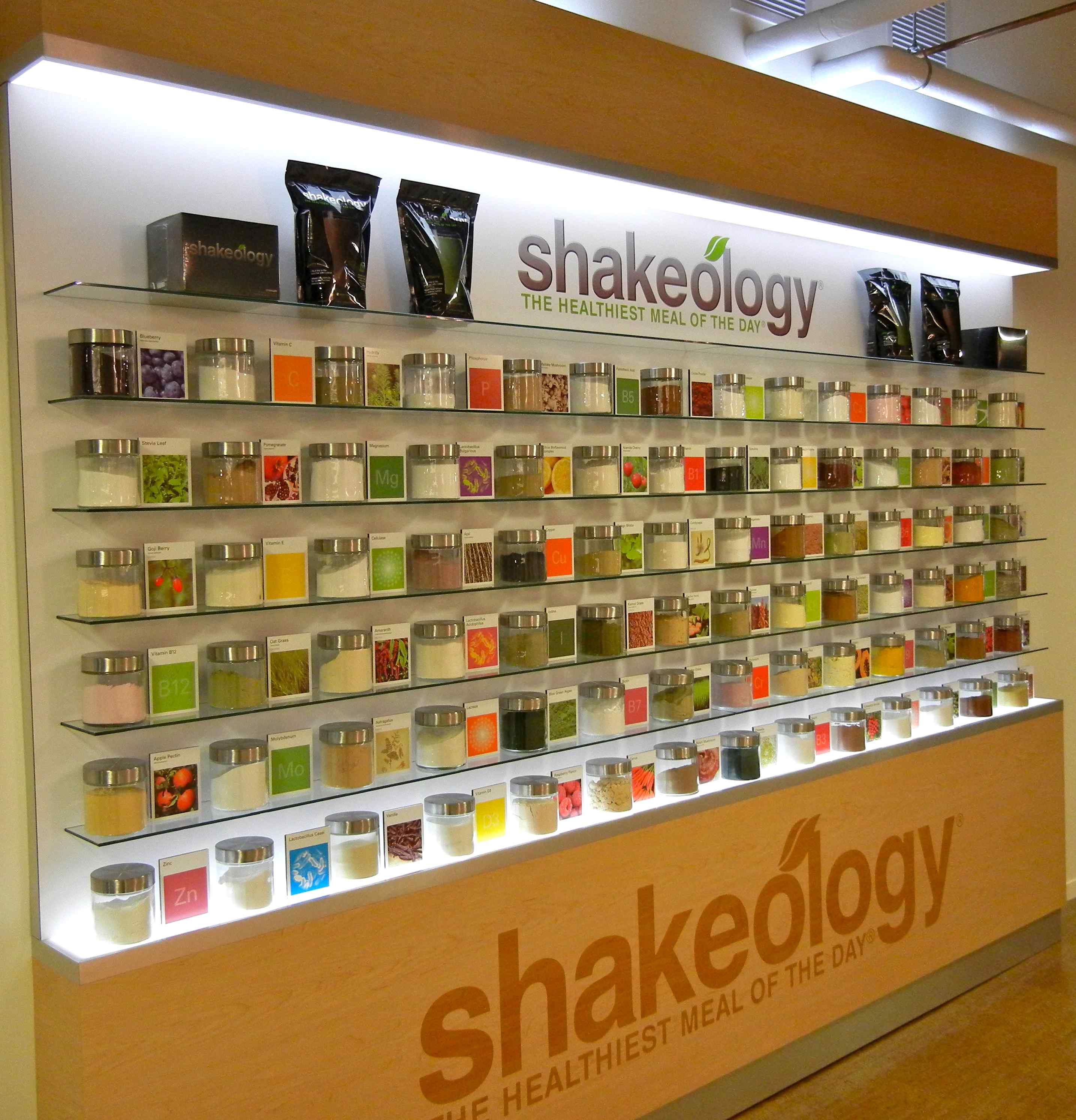
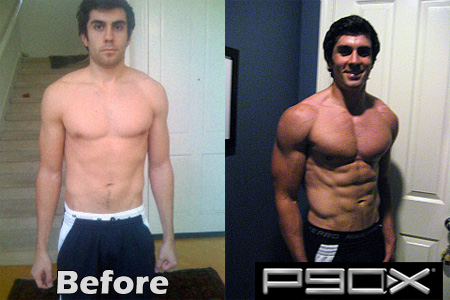
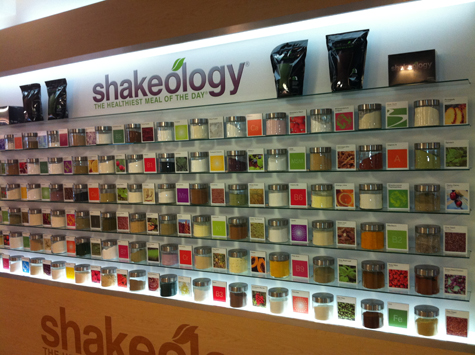

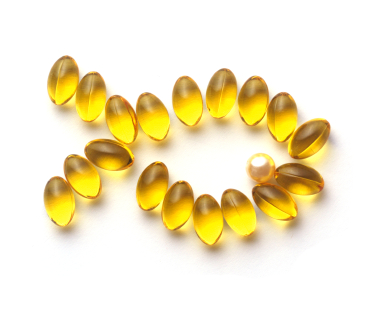
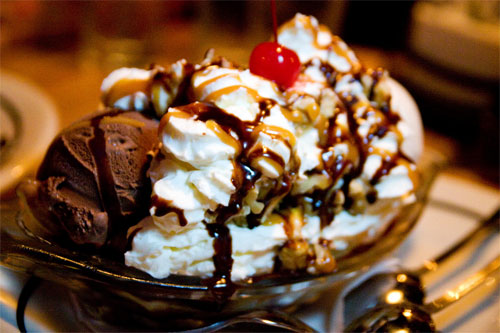
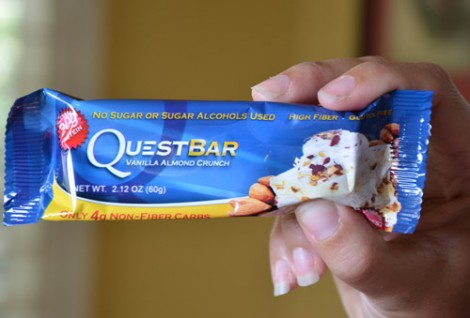

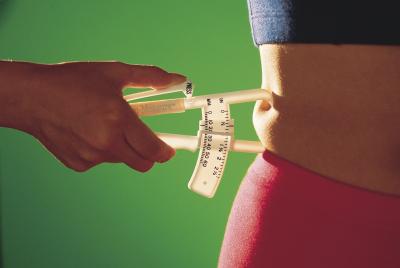








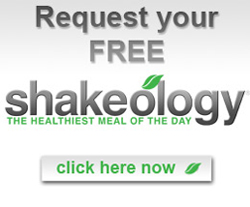
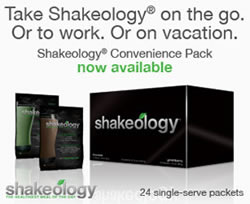
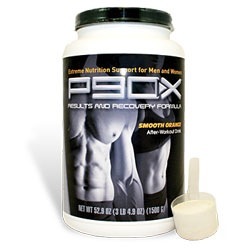

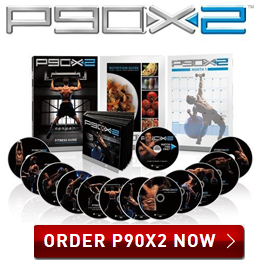




[...] and as many veggies as you want. You know what these are, and if you don’t then look on my P90X nutrition post to see what I’m talking about. Chicken, Fish, Turkey are all great lean proteins. Brown [...]